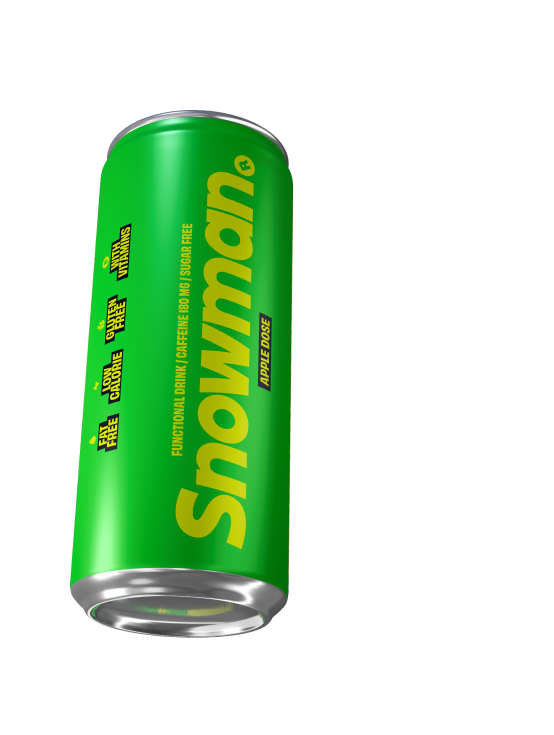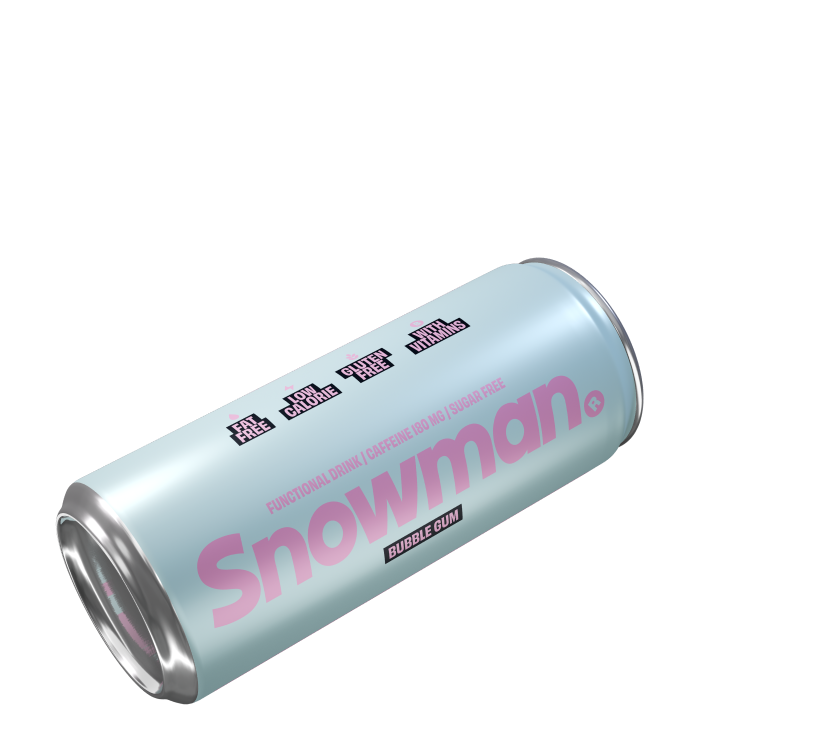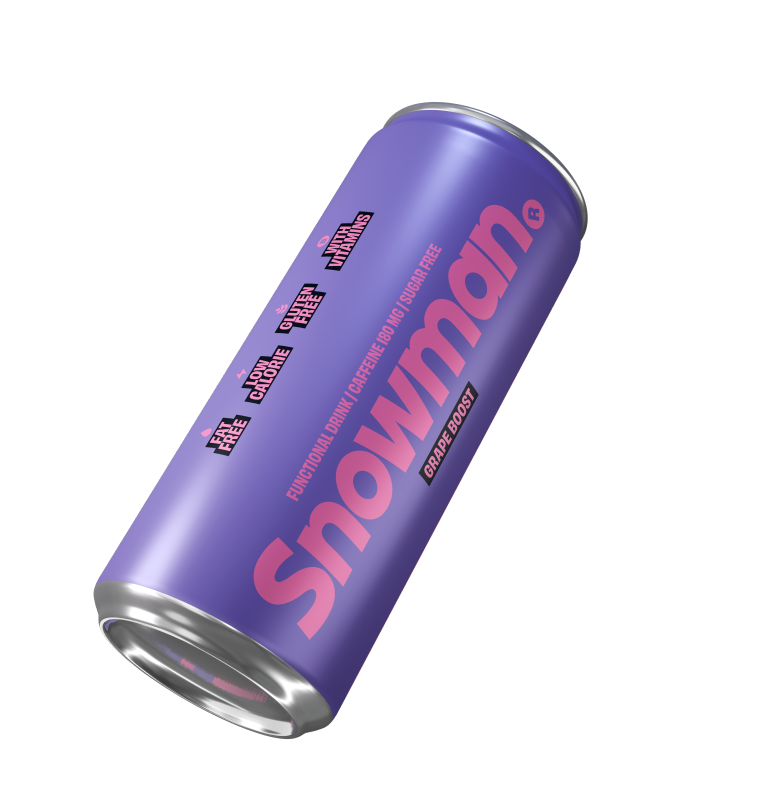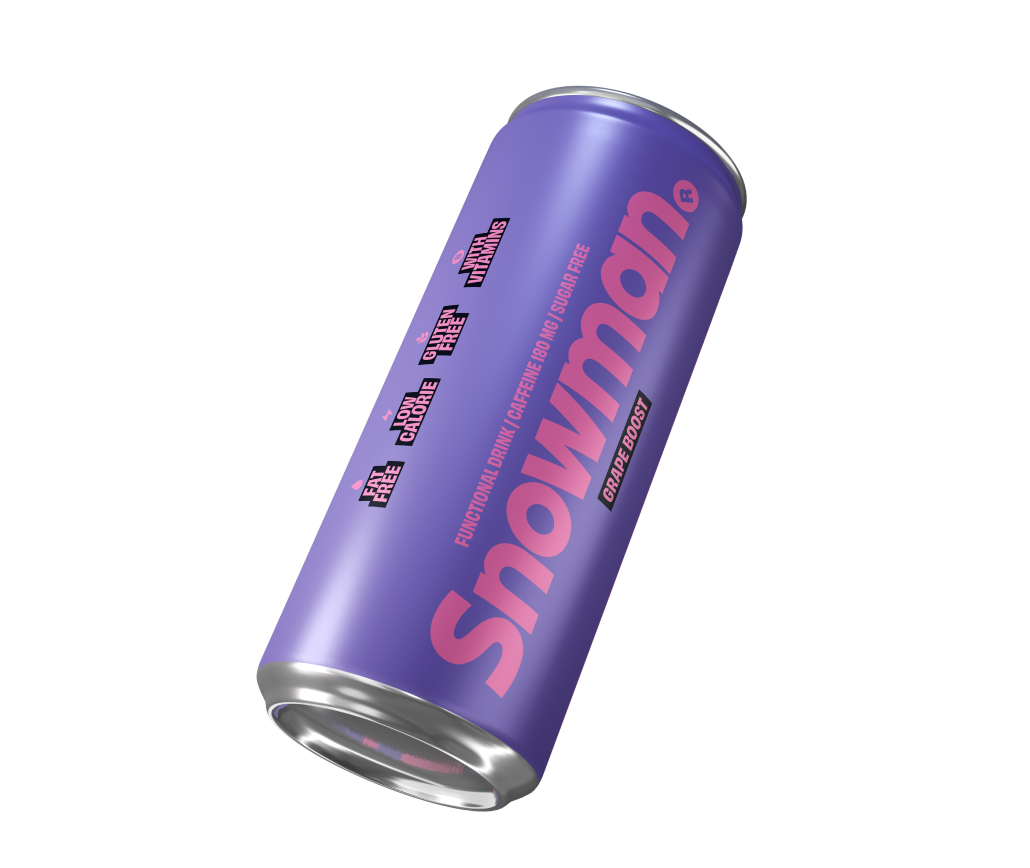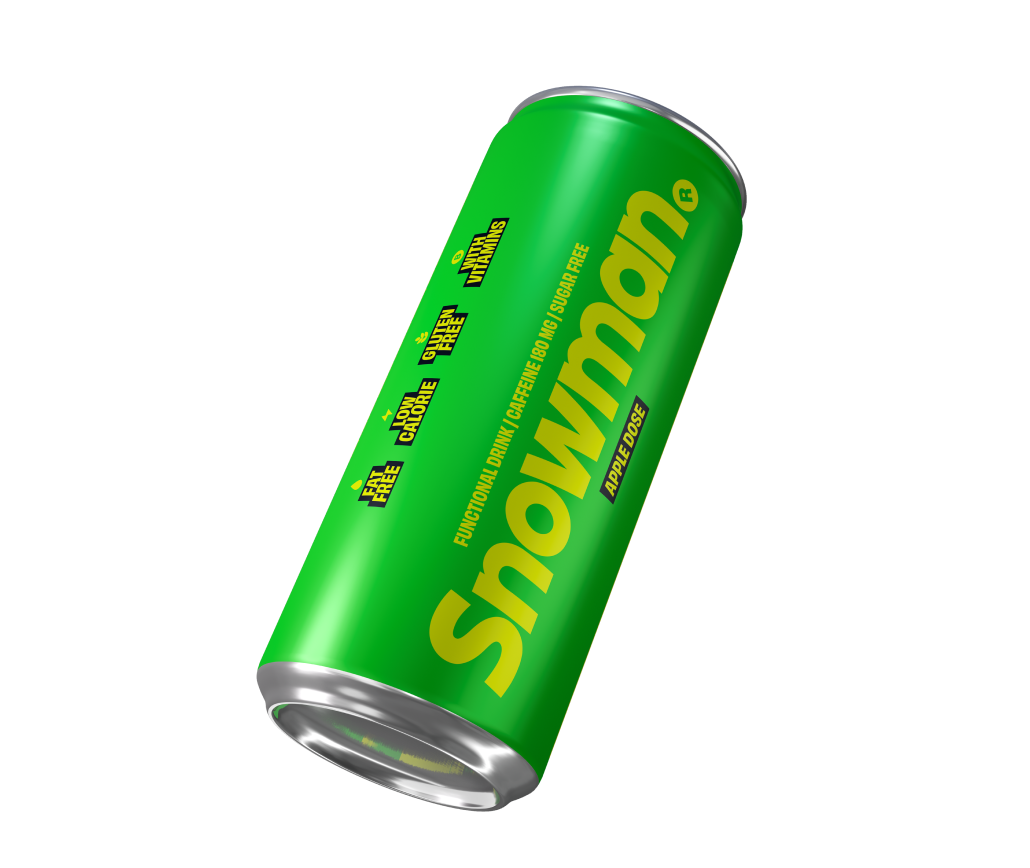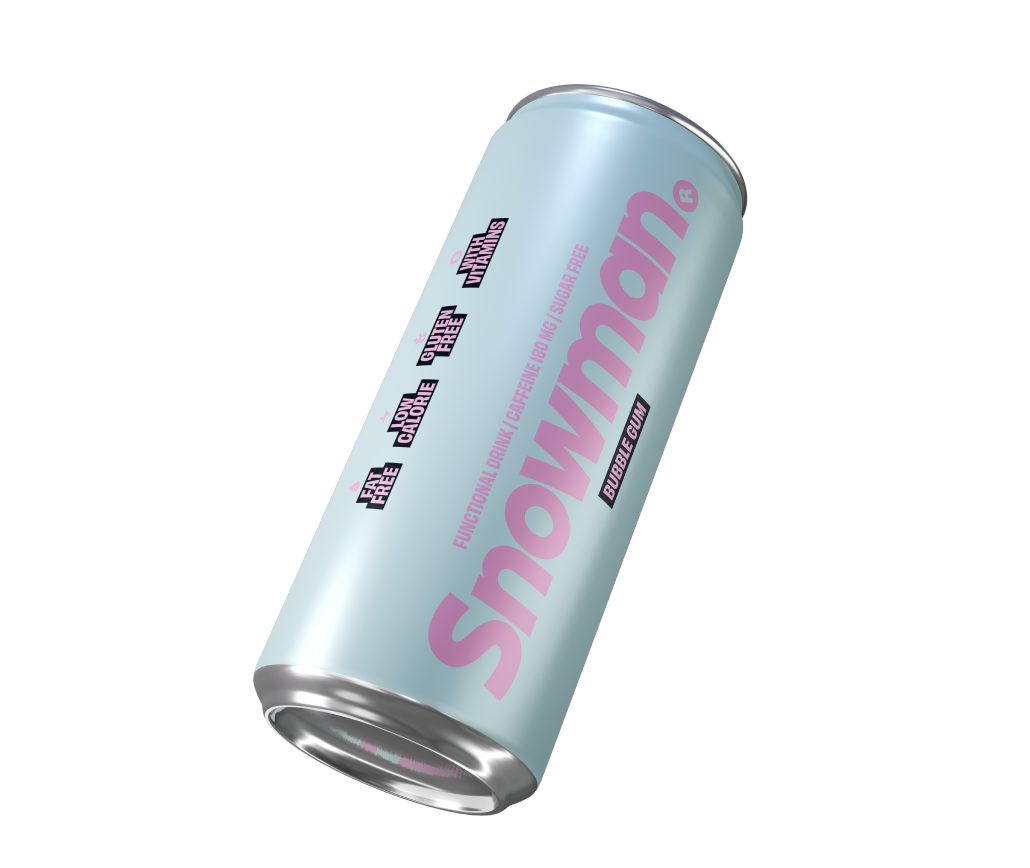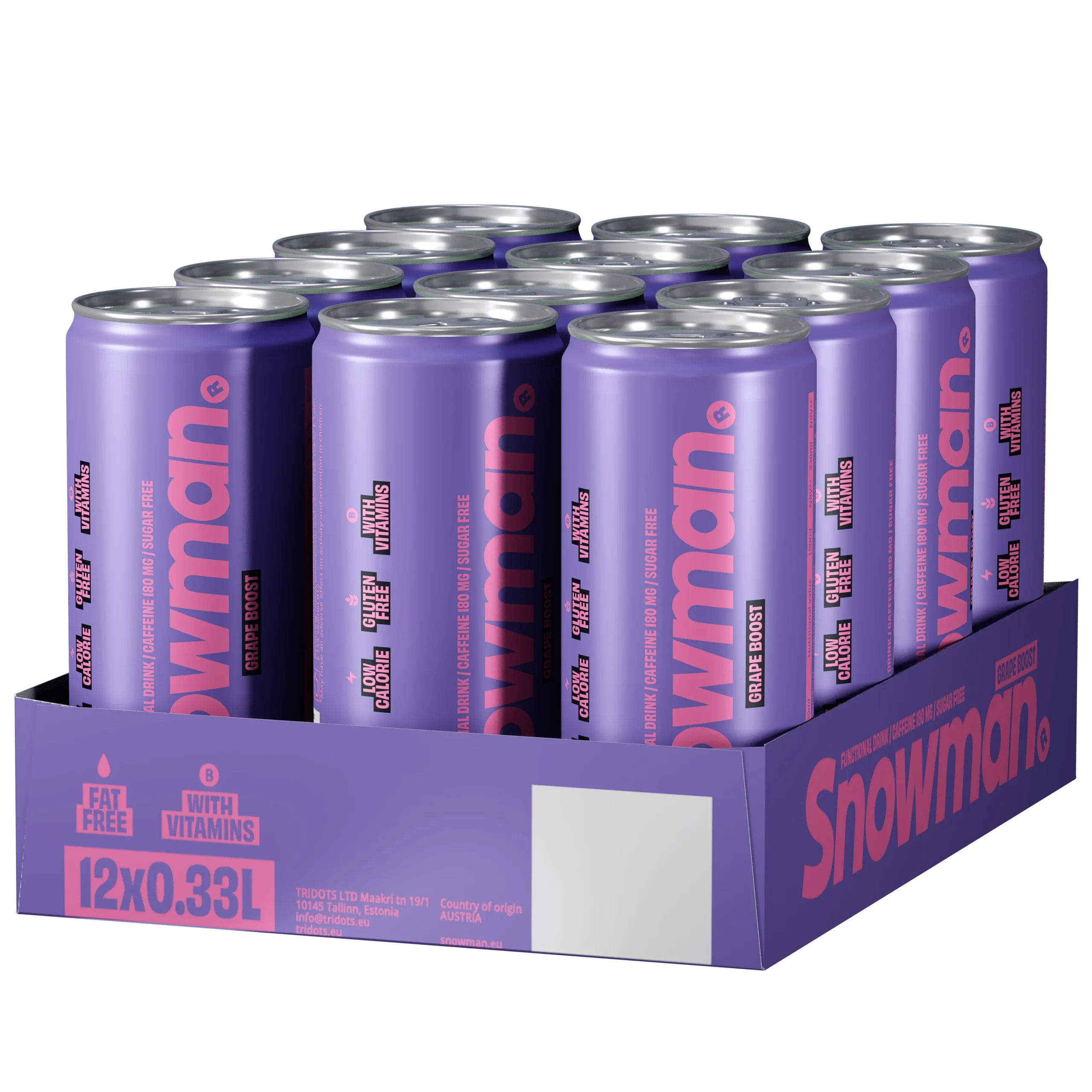
Energy drinks are everywhere—from gym bags and college campuses to office desks and convenience stores. Marketed as fast solutions for fatigue and mental fog, these beverages promise quick energy, better focus, and improved performance. But what many people overlook is the potential danger behind every energy drink.
In 2025, as more consumers question what’s in their cans, it’s crucial to understand the science, risks, and real-world health consequences of energy drinks.
💥 What Is an Energy Drink?
An energy drink is a beverage formulated to boost alertness and performance. Common ingredients include:
- High doses of caffeine (80–300mg)
- Sugar or artificial sweeteners
- Taurine, an amino acid linked to nerve growth
- Guarana, a natural stimulant
- Ginseng, for potential energy enhancement
- B vitamins, to support metabolism
Brands like Red Bull, Monster, and Rockstar dominate the global market, with flashy cans and bold claims.
🚨 Why Energy Drinks Can Be Dangerous
While occasional consumption is relatively safe for healthy adults, overuse or misuse of energy drinks can lead to serious side effects—even in young, otherwise healthy individuals.
1. Excessive Caffeine Intake
Most energy drinks contain more caffeine than a cup of coffee, sometimes hidden under guarana or “proprietary blends.” Excessive intake can cause:
- Heart palpitations
- Anxiety or panic attacks
- Insomnia
- High blood pressure
- Irritability
Caffeine overdose is a real medical emergency, especially when consumed alongside other stimulants or alcohol.
2. Sugar Overload
Many energy drinks are loaded with 40–50g of sugar per can, leading to:
- Blood sugar crashes
- Weight gain
- Increased risk of type 2 diabetes
- Tooth decay
Even sugar-free versions often contain artificial sweeteners that may disrupt gut health.
3. Cardiovascular Risks
Studies link energy drink consumption to:
- Irregular heartbeats (arrhythmia)
- Increased risk of heart attack
- Elevated blood pressure and stroke risk
These effects are magnified when energy drinks are consumed quickly, in large amounts, or during exercise.
4. Neurological and Psychological Effects
High caffeine and stimulant blends may trigger:
- Headaches
- Nervousness
- Mood swings
- Seizures (in rare cases)
- Increased risk of addiction
Teens and young adults are particularly vulnerable, as their brains are still developing.
🧬 Scientific Research on Energy Drink Risks
Here’s what peer-reviewed studies and health organizations have reported:
| Study/Agency | Finding |
|---|---|
| Mayo Clinic Proceedings (2019) | Energy drinks can impair blood vessel function after one can |
| American Heart Association (2020) | Linked energy drinks to elevated heart risks in healthy people |
| FDA & CDC | Reported over 34 deaths linked to energy drink use |
| Harvard Public Health (2023) | Found increased anxiety and sleep disruption in adolescents |
These findings underscore the need for caution, especially with frequent or high-volume consumption.
⚠️ High-Risk Scenarios to Avoid
| Situation | Why It’s Risky |
|---|---|
| Mixing energy drinks with alcohol | Masks intoxication, increases risk of binge drinking |
| Consuming on an empty stomach | Spikes blood sugar and acidifies the gut |
| Drinking before or during intense workouts | Strains the heart under physical stress |
| More than 1–2 cans per day | May exceed safe caffeine limits and overload the system |
| Use in teens or children | Can impair development, sleep, and emotional stability |
🔄 Safe Alternatives to Energy Drinks
Looking for a healthier pick-me-up? Here are energy boosters that don’t carry the same risks:
- Green tea – Natural caffeine with calming L-theanine
- Electrolyte-infused water – Keeps you hydrated and energized
- Nootropic drinks – Support cognitive function with brain-safe ingredients
- Protein smoothies – Balanced energy from nutrients and fiber
- DIY lemon-ginger shots – Boost metabolism and alertness
🤔 FAQs About Energy Drink Risks
Q1: Are energy drinks safe in moderation?
A: Yes, for most healthy adults, 1 can per day is generally considered safe, but exceeding this can lead to problems.
Q2: What’s the maximum safe amount of caffeine per day?
A: Health authorities recommend no more than 400mg/day for adults.
Q3: Are sugar-free energy drinks better?
A: They avoid sugar crashes but may still have high caffeine and artificial additives. Use caution.
Q4: Can teens drink energy drinks?
A: Most health experts strongly discourage energy drink use in teens due to potential harm to developing brains and bodies.
Q5: Why do energy drinks cause crashes?
A: The sugar and caffeine cause a spike in energy, followed by a sharp drop, leading to fatigue and mood swings.
Q6: Are there any regulated limits on energy drinks?
A: Some countries have caffeine caps or require warning labels, but regulations vary widely.
🧠 Final Verdict: Is It Worth the Risk?
While energy drinks can be convenient and effective in the short term, they come with real risks—especially when consumed excessively, too quickly, or by vulnerable populations.
In 2025, it’s clear that better energy solutions exist. Whether you’re a student, athlete, or night-shift worker, consider reaching for cleaner, smarter energy alternatives that nourish your body instead of stressing it out.
Your health deserves more than a quick buzz. Make the switch, stay informed, and sip smarter.
